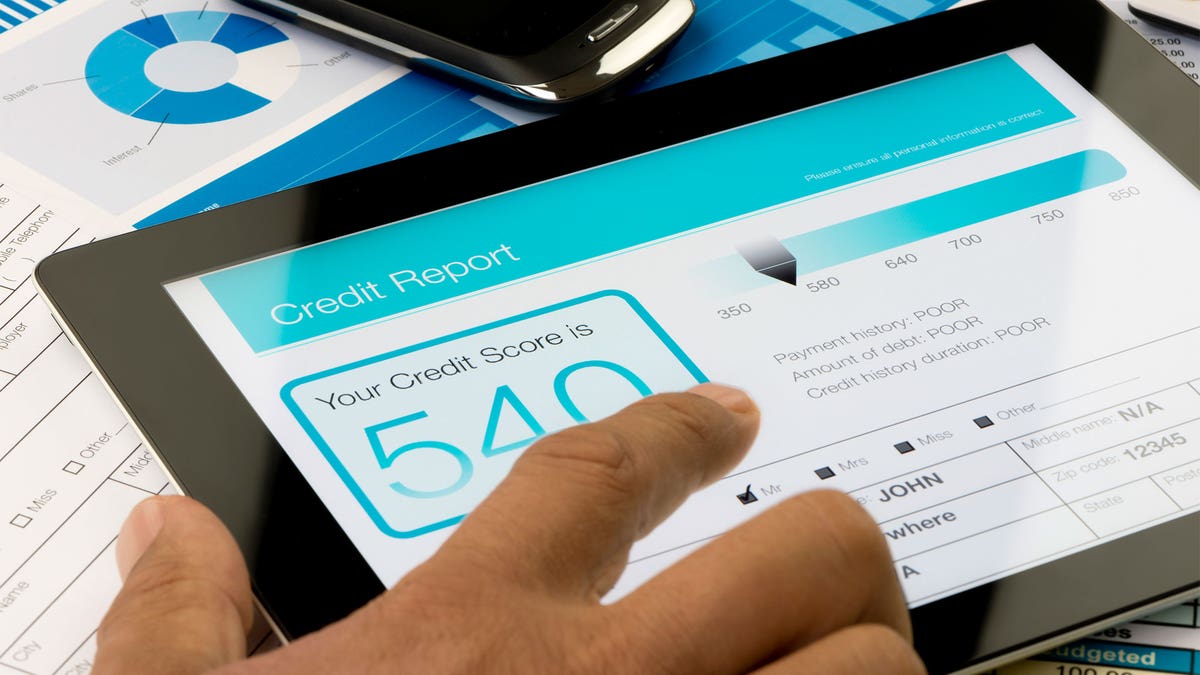
bad-credit-report (Courtney Keating)
There's no doubt landlords have a real fondness for tenants who pay their rent on time. And to find out if that's you, they'll read the tea leaves by delving into your financial past. Basically, they'll check your credit score, which sums up how well you've paid off past debts. So what if your credit score is less than stellar, due to a few late or missed payments, or worse? Never fear -- poor credit doesn't mean you're destined to live on the streets. Just check out these steps on how to get an apartment with bad credit.
1. Check your credit report
Your first step should be to check your credit report. (You're entitled to a free copy at AnnualCreditReport.com.) You want to do this before you start poking around for apartments, advises Marin King, a New York attorney and real estate agent at Keller Williams NYC who specializes in rental properties. "The worst thing you can do is go through the entire process of applying for a lease and then you don't get approved because you had no clue you had bad credit," King says.
Nearly half of landlords perform credit checks on rental applicants, according to a study by TransUnion. And most landlords look for tenants with credit scores of 700 or above, notes King, but if you're below that mark, there are ways to make your rental application more attractive (read on).
2. Plead your case
If you're applying to a leasing building or property management company, there may not be a lot of wiggle room in terms of credit score requirements, says King. But if you're applying to an individual landlord, you might be able to get your poor credit overlooked. King recommends writing a letter to the landlord explaining your financial situation; be sure to include what steps you're taking to repair your credit.
3. Use a co-signer
Renters with subpar credit scores often get help from a co-signer (also called a guarantor). If you use one, that person's credit score is taken into consideration, which helps compensate for your lower score. But before you ask Mom or Dad to co-sign, make sure they understand the risk involved.
"If you can't pay rent, for whatever reason, your co-signer is going to be liable for the money," King says.
4. Pay rent in advance
If you have poor credit, one way to strengthen your application is by offering to pay several months of rent upfront, because it gives the landlord more assurance that you're going to be a responsible tenant.
As King puts it: "Landlords don't say 'no' to money."
5. Beef up your security deposit
Similar to paying rent in advance, upping your security deposit gives the landlord financial incentive to approve your application. Consider doubling or tripling the requested security deposit, King suggests.
6. Include written recommendations from past landlords
To demonstrate you'll be a good tenant, provide positive letters from previous landlords. These should specify that you paid rent on time, respected neighbors, and kept the property in good shape.
7. Get buy-in from your employer
Many landlords will contact your boss to verify income. Take an extra step and get your manager or Human Resources to write a letter to the landlord.
"Have them speak to the fact that you're a valued employee," says King. Doing so will demonstrate to the landlord that you have job stability -- a compelling factor for every rental applicant.